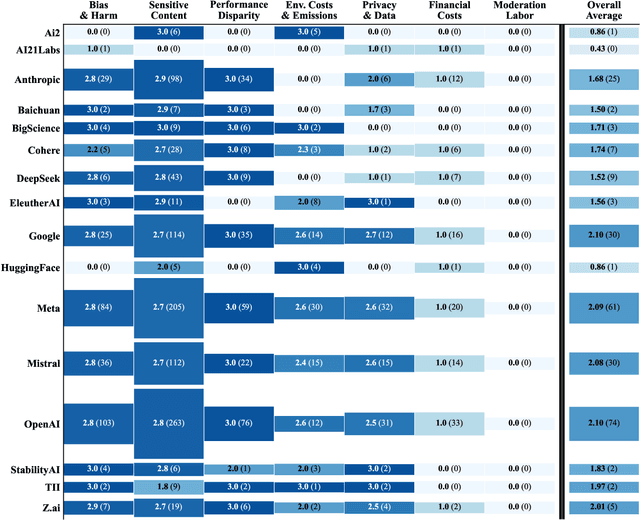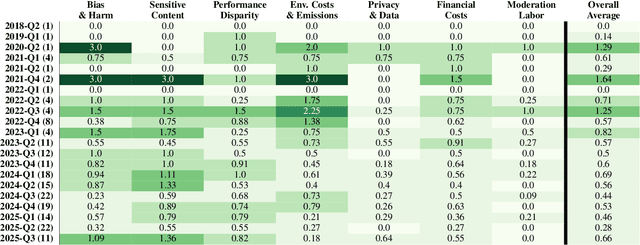Yanan Long
Triangulation as an Acceptance Rule for Multilingual Mechanistic Interpretability
Dec 31, 2025Abstract:Multilingual language models achieve strong aggregate performance yet often behave unpredictably across languages, scripts, and cultures. We argue that mechanistic explanations for such models should satisfy a \emph{causal} standard: claims must survive causal interventions and must \emph{cross-reference} across environments that perturb surface form while preserving meaning. We formalize \emph{reference families} as predicate-preserving variants and introduce \emph{triangulation}, an acceptance rule requiring necessity (ablating the circuit degrades the target behavior), sufficiency (patching activations transfers the behavior), and invariance (both effects remain directionally stable and of sufficient magnitude across the reference family). To supply candidate subgraphs, we adopt automatic circuit discovery and \emph{accept or reject} those candidates by triangulation. We ground triangulation in causal abstraction by casting it as an approximate transformation score over a distribution of interchange interventions, connect it to the pragmatic interpretability agenda, and present a comparative experimental protocol across multiple model families, language pairs, and tasks. Triangulation provides a falsifiable standard for mechanistic claims that filters spurious circuits passing single-environment tests but failing cross-lingual invariance.
Who Evaluates AI's Social Impacts? Mapping Coverage and Gaps in First and Third Party Evaluations
Nov 06, 2025



Abstract:Foundation models are increasingly central to high-stakes AI systems, and governance frameworks now depend on evaluations to assess their risks and capabilities. Although general capability evaluations are widespread, social impact assessments covering bias, fairness, privacy, environmental costs, and labor practices remain uneven across the AI ecosystem. To characterize this landscape, we conduct the first comprehensive analysis of both first-party and third-party social impact evaluation reporting across a wide range of model developers. Our study examines 186 first-party release reports and 183 post-release evaluation sources, and complements this quantitative analysis with interviews of model developers. We find a clear division of evaluation labor: first-party reporting is sparse, often superficial, and has declined over time in key areas such as environmental impact and bias, while third-party evaluators including academic researchers, nonprofits, and independent organizations provide broader and more rigorous coverage of bias, harmful content, and performance disparities. However, this complementarity has limits. Only model developers can authoritatively report on data provenance, content moderation labor, financial costs, and training infrastructure, yet interviews reveal that these disclosures are often deprioritized unless tied to product adoption or regulatory compliance. Our findings indicate that current evaluation practices leave major gaps in assessing AI's societal impacts, highlighting the urgent need for policies that promote developer transparency, strengthen independent evaluation ecosystems, and create shared infrastructure to aggregate and compare third-party evaluations in a consistent and accessible way.
Position: Bayesian Statistics Facilitates Stakeholder Participation in Evaluation of Generative AI
Apr 21, 2025Abstract:The evaluation of Generative AI (GenAI) systems plays a critical role in public policy and decision-making, yet existing methods are often limited by reliance on benchmark-driven, point-estimate comparisons that fail to capture uncertainty and broader societal impacts. This paper argues for the use of Bayesian statistics as a principled framework to address these challenges. Bayesian methods enable the integration of domain expertise through prior elicitation, allow for continuous learning from new data, and provide robust uncertainty quantification via posterior inference. We demonstrate how Bayesian inference can be applied to GenAI evaluation, particularly in incorporating stakeholder perspectives to enhance fairness, transparency, and reliability. Furthermore, we discuss Bayesian workflows as an iterative process for model validation and refinement, ensuring robust assessments of GenAI systems in dynamic, real-world contexts.
Queer In AI: A Case Study in Community-Led Participatory AI
Apr 10, 2023Abstract:We present Queer in AI as a case study for community-led participatory design in AI. We examine how participatory design and intersectional tenets started and shaped this community's programs over the years. We discuss different challenges that emerged in the process, look at ways this organization has fallen short of operationalizing participatory and intersectional principles, and then assess the organization's impact. Queer in AI provides important lessons and insights for practitioners and theorists of participatory methods broadly through its rejection of hierarchy in favor of decentralization, success at building aid and programs by and for the queer community, and effort to change actors and institutions outside of the queer community. Finally, we theorize how communities like Queer in AI contribute to the participatory design in AI more broadly by fostering cultures of participation in AI, welcoming and empowering marginalized participants, critiquing poor or exploitative participatory practices, and bringing participation to institutions outside of individual research projects. Queer in AI's work serves as a case study of grassroots activism and participatory methods within AI, demonstrating the potential of community-led participatory methods and intersectional praxis, while also providing challenges, case studies, and nuanced insights to researchers developing and using participatory methods.
 Add to Chrome
Add to Chrome Add to Firefox
Add to Firefox Add to Edge
Add to Edge